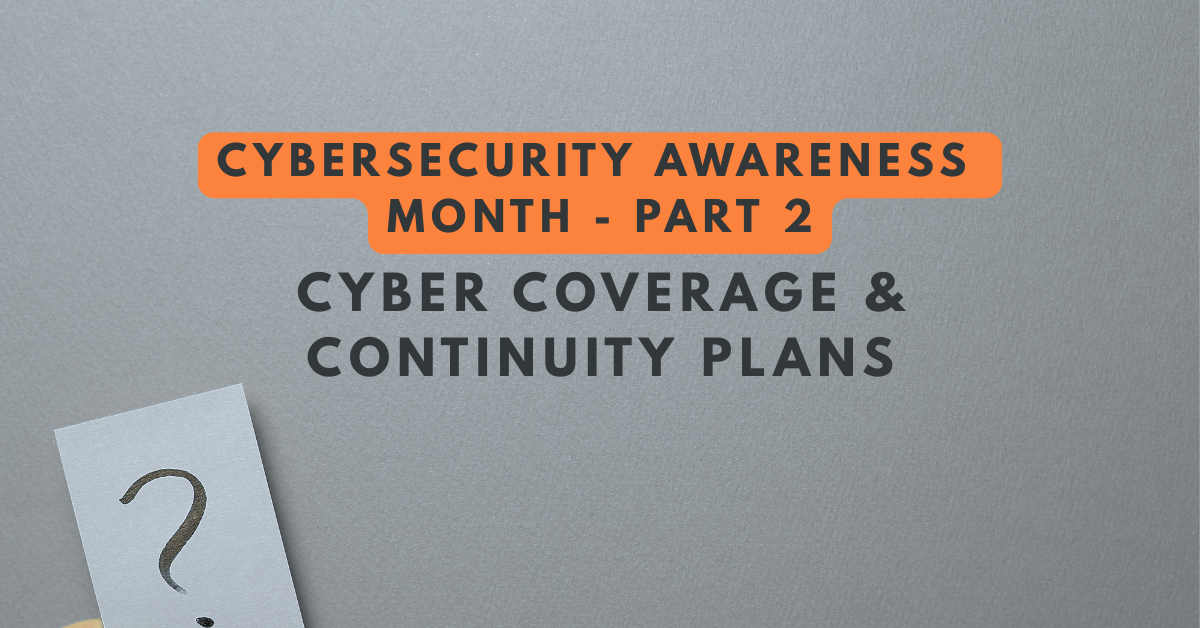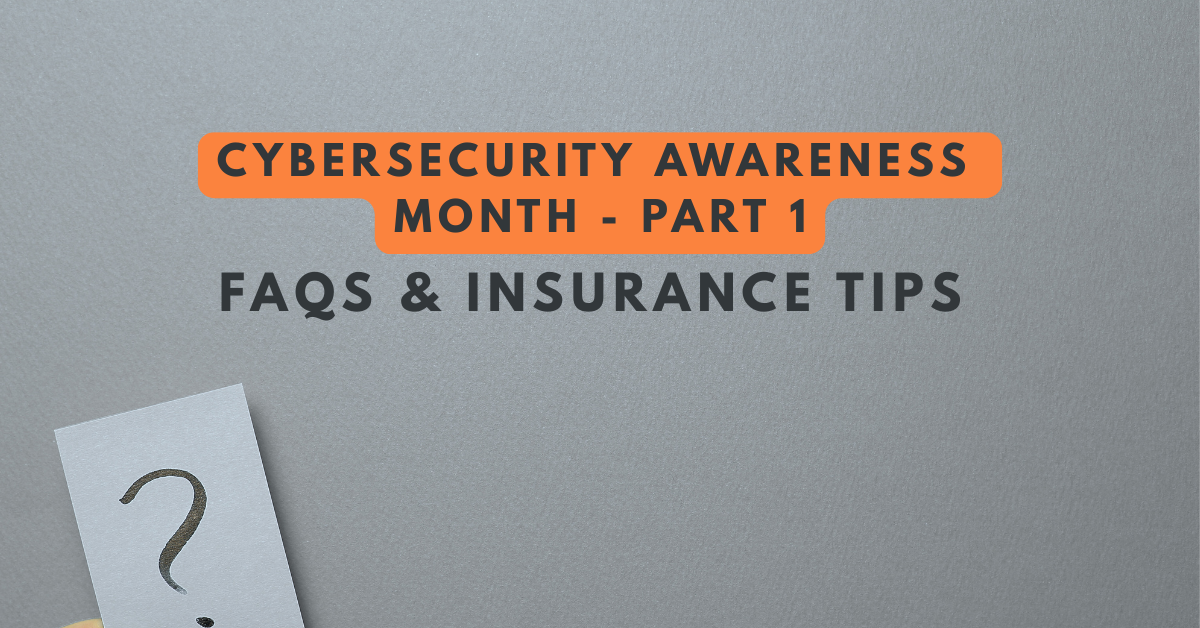Bonded vs. Insured – What’s the difference?
See How We're Different
or call us: (858) 384‑1506
Insured and Bonded are two terms that are commonly used in business, particularly when discussing When speaking about insurance for contractors, a term often used is “bond.” Beyond traditional types of insurance, a bond is an additional protection that covers clients who hire contractors for a job.
For example, suppose you are a general contractor doing a complete home remodel and hire several contractors to help you complete the project. In that case, the homeowner may require you to get a performance bond to ensure all of the contractors you hire meet agreed-upon standards and deadlines. This bond is in addition to insurance you may already carry.
WHAT IS A SURETY BOND?
When a business is bonded, it has purchased a specific type of insurance called a surety bond. A surety bond is an agreement between three parties that provides a guarantee to fulfill a specific obligation or performance.
Three parties involved in a surety bond include:
- Principal: The party that needs to fulfill an obligation (often a contractor or a service provider).
- Obligee: The party that requires the bond and is protected by it (often a client or a government agency).
- Surety: The insurance company that issues the bond and guarantees compensation to the obligee if the principal fails to meet their obligations.
Surety bonds act as a safeguard for the obligee in case the principal fails to meet contractual obligations or perform designated tasks. If the principal fails, the surety may cover the costs up to the bond’s limit. Beyond that, it is up to the principal to cover the costs.
Start the bond process HERE.
WHAT ARE THE MOST COMMON TYPES OF BONDS FOR BUSINESS?
- Contractor License Bond: This bond required in the construction industry ensures that contractors comply with licensing laws and regulations in their jurisdiction. It guarantees that the contractor will follow proper building codes and conduct business lawfully.
- Performance Bond: This bond is often used in construction projects and guarantees that a contractor will complete a project according to the terms of the contract, including quality standards and deadlines for completion.
- Payment Bond: This bond is used in conjunction with performance bonds and ensures that subcontractors and suppliers will be paid by the contractor for their work on a project.
- Bid Bond: This bond is commonly required in the bidding process for public construction projects. It assures the project owner that the winning bidder will enter into the contract and provide the required performance and payment bonds.
- Maintenance Bond: After a project’s completion, this bond provides coverage for a specified period (usually one to two years) to guarantee against defective workmanship or materials.
Need help selecting a bond? Start HERE.
WHAT DOES IT MEAN TO BE INSURED?
Being insured is different from being bonded.
When you are insured, you purchase coverage against various risks and possible financial losses. An insurance policy is a contract between the insured and the insurance company. It lays out an agreement where the insurance company agrees to provide financial compensation in the event of loss or damage.
A few of the most common types of insurance coverage for businesses are:
- General liability insurance (watch “General liability explained in 10 minutes“)
- Property insurance
- Commercial auto insurance
- Professional liability insurance
If you need assistance with bonds or insurance for your business, we would be happy to get you started promptly







